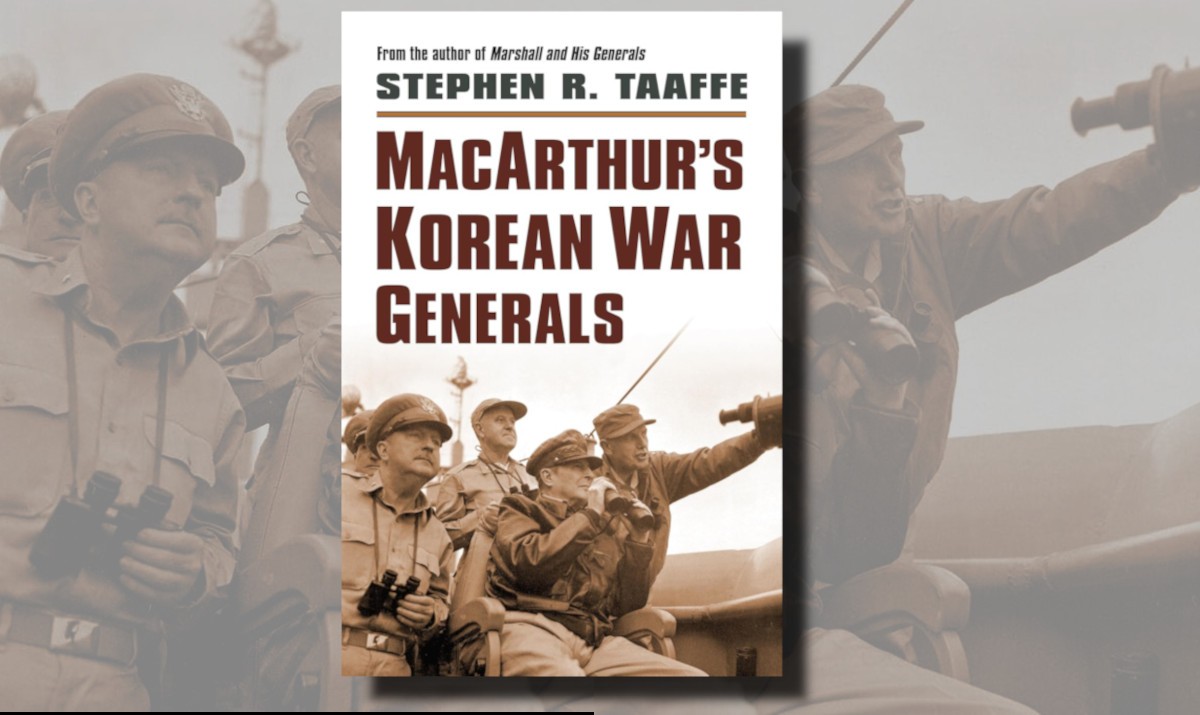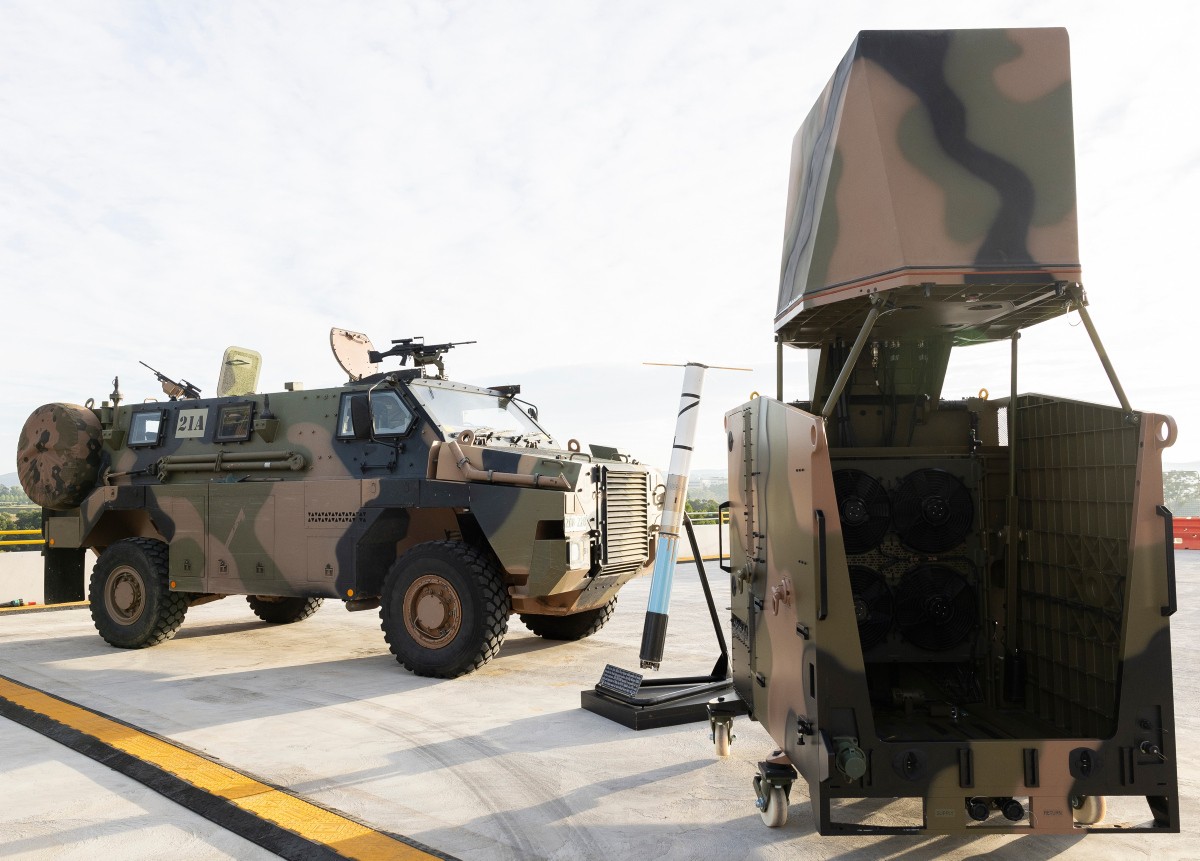Asymmetry and Complexity - Selected Papers from the 2005 Rowell Seminar and the 2005 Chief of Army's Conference
Since the spectacular terrorist attacks against the United States on 11 September 2001, military professionals, scholars and policy makers have engaged in a spirited debate as to whether we witnessed an epochal shift in the nature of warfare. Notwithstanding the enormity and depravity of the 9/11 attacks, they did not herald an unprecedented new age of warfare. We are indebted to Clausewitz for the insight that the sustained application of mass violence is generally directed to a political end. Guerrilla warfare, depriving its name from the resistance to Napoleon in Spain, was not created by the attacks in New York and Washington. In the second half of the twentieth century, wars of decolonisation throughout Asia, Africa and Latin America pitted irregular ad non-state forces against the conventional armies of the nation-states on numerous occasions. The modern Australian Regular Army almost exclusively built its reputation through mastery of such operations.
Nonetheless, it is idle to argue that nothing has changed. The post-Cold War era has been characterised by the radical empowerment of non-state actors. Ethnicity and religion - long suppressed as causes of conflict in the 1945 -1989 bi-polar world - have re-emerged as the most prolific causes of war and terrorism, especially in Africa and the Middle East. Few credible Western analysts regard it as significant to structure their military forces in anticipation of state-on-state conflict. These trends have coalesced in the era globalisation to exponentially enhance the lethality and strategic reach of non-state actors. While not an entirely new phenomenon, the prospects of such entities deploying weapons of mass effect against modern states without legal or moral restraint does introduce novel and alarming element into the debate. The Australian Army has concluded that warfare is now characterised by unprecedented complexity in terms of both physical and human terrain. Future conflict - in the words of Rupert Smith - is likely to be 'amongst the people.' Increasingly this implies that it will be conducted in the urban environment.
The papers in this edition canvass the issues of conventional forces operating in complex environments against unconventional foes: the Australian Army analyses this problem through the prism of its recent intervention operations in the Solomon Islands. A number of papers presented to the 2005 Rowell Seminar considers issues of asymmetry in this context. The second section of this monograph, drawn from the 2005 Chief of Army's Conference, features thoughtful contributions on complexity from Jonathan Bailey, Stephen Biddle and Alice Hills, drawing on their years of practical experience and theoretical insight. Overall, this unique volume draws together the many threads of contemporary security, from the military, police, academic, policy and local perspectives.
| Attachment | Size |
|---|---|
| sp308_cas_conference_papers_2005-land_warfare_studies_centre.pdf (578.35 KB) | 578.35 KB |
Publication Date



